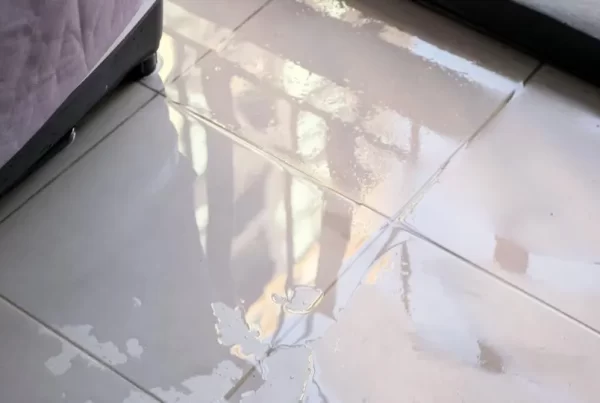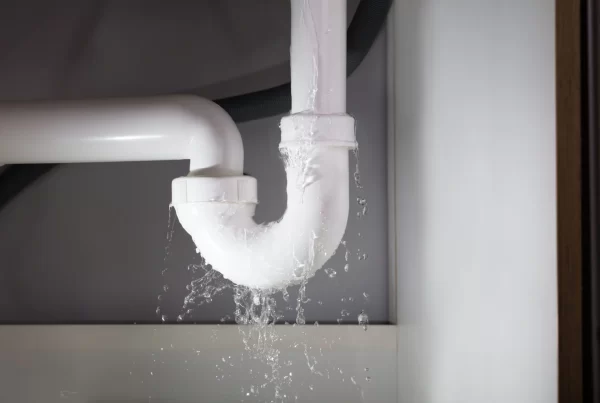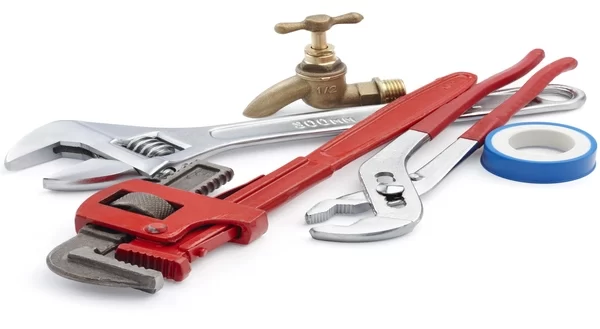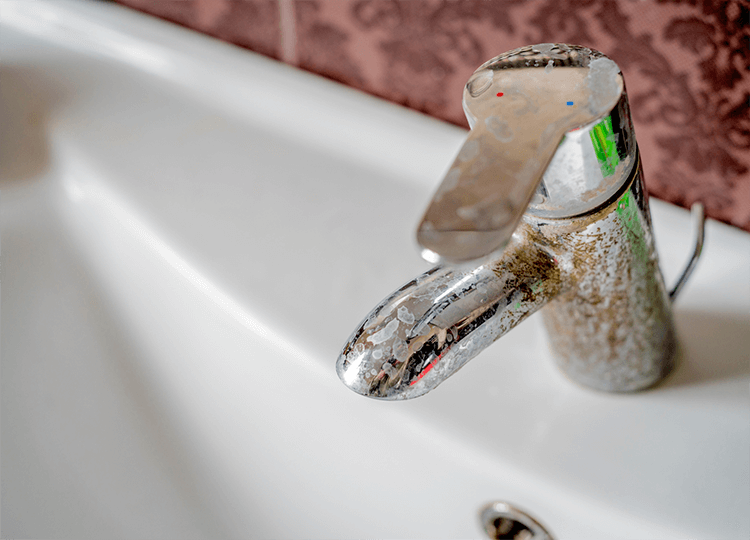
Most water from wells and city water systems contains some minerals, which can be beneficial in small amounts. However, too many minerals in the water can cause problems for homes. Water with a high mineral content is called hard water
How to Tell If You Have Hard Water
Wondering if your home has hard water? Look for these signs:
- Speckles on Glass: Hard water leaves white spots on glass surfaces as the water dries. Check for these spots on bathroom glass or chrome fixtures.
- Clogged Shower Heads: If your shower head has white buildup or sprays unevenly, it might be due to hard water.
- Residue on Dishes: Cloudy dishes from the dishwasher are a common sign of hard water.
A plumber can test your water to see if it’s too hard by comparing it to a hardness scale:
- 0 – 60 mg/L: Soft
- 61 – 120 mg/L: Moderately Hard
- 121 – 180 mg/L: Hard
- 181 mg/L and higher: Very Hard
If you have hard water, your plumber can help you find a solution to protect your plumbing.
Impact of Hard Water on Your Plumbing
Hard water can do more than just leave visible stains on your fixtures; it can also damage your plumbing. Here are some common ways hard water can affect your plumbing:
Leads to Clogs
Mineral deposits from hard water can accumulate inside pipes, water lines, shower heads, and even toilet connections. While small amounts might not be an issue, significant buildup can cause clogs. When clogs occur, water flow is restricted, and you may need an urgent plumbing repair.
Reduced Water Pressure
Mineral buildup in water lines and fixtures can restrict water flow, leading to lower water pressure in your home. As the buildup narrows the openings, you’ll likely notice a decrease in the strength of the water flow from your taps and showerheads.
Pipe Corrosion
The minerals in hard water can make it more acidic compared to soft water. This acidity can lead to corrosion in your pipes, which, if not addressed, can result in leaks and significant damage over time.
How Hard Water Affects Items in Your Home
Hard water can impact various plumbing fixtures and appliances in your home. Here’s how:
- Shortens Water Heater Life: The buildup from hard water makes your water heater work harder, leading to more wear and tear and a shorter lifespan.
- Slow-Flush Toilets: Mineral deposits can narrow the sewer connection in your toilet, causing slower flushing and eventually leading to clogs.
- Slow-Draining Sinks: Similar mineral buildup can occur in sink drains, reducing the space for water to flow out and causing slow drainage.
- Reduces Appliance Lifespan: Hard water can also harm appliances like dishwashers and washing machines by causing corrosion and excessive wear, which shortens their lifespan.
How to Manage Hard Water
To effectively manage hard water, consult with a professional plumber. They can measure the hardness of your water and recommend the best solution. For homes with moderate to very hard water, a water softener might be a good option.
Water softeners reduce mineral buildup by neutralizing excess minerals. Installing a water softener is a job for a professional, so talk to your plumber about the best type for your home and have them handle the installation.
Conclusion
Hard water doesn’t have to cause major issues for your home. Address any buildup in your plumbing fixtures promptly. The best way to manage hard water and prevent further problems is to consult with a skilled plumber who can assist with your plumbing needs.
